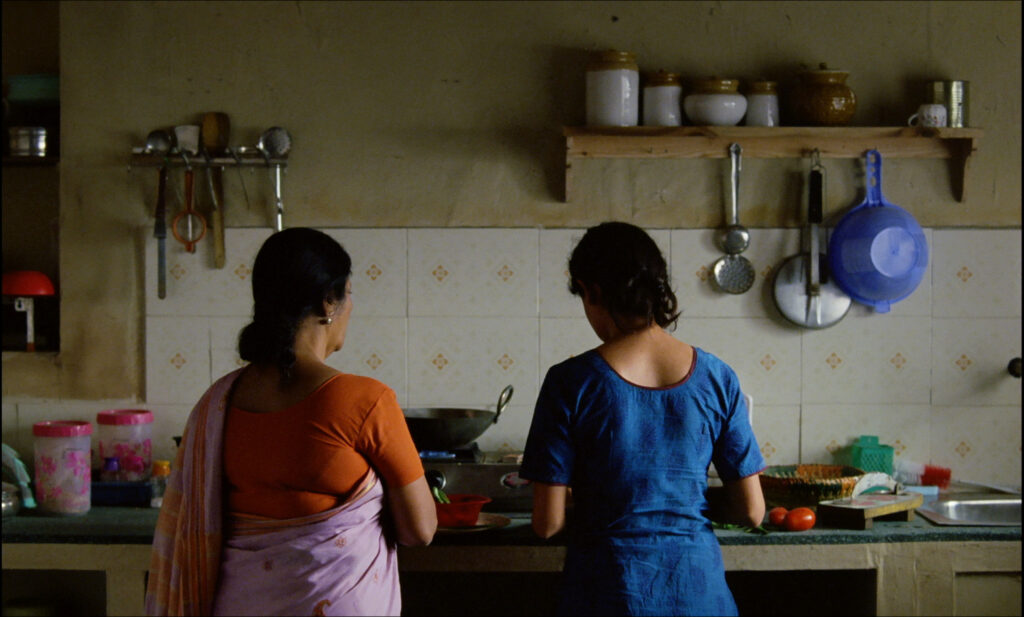Payal Kapadia
Over the past decade, Mumbai-based filmmaker Payal Kapadia has built up a remarkable collection of short films. In particular, a trilogy of sorts made between 2015–18—The Last Mango Before the Monsoon, 2015; Afternoon Clouds, 2017; And What is Summer Saying, 2018—stands as a massive achievement and as a hybrid form of new cinema. BFMAF’s 2020 Focus on filmmaker Payal Kapadia presents the first retrospective screening showcasing these three recent short films together.
Though each film could be classified as a different genre—experimental, narrative, documentary—none easily fit within those boxes and all the borders between styles are blurred to obscurity. While they were created as distinct works, these films can be viewed as a cohesive experience and are a testament to Kapadia’s bold artistic vision and unique cinematic sensibility.
When watching Payal Kapadia’s films, one is never quite sure what is a dream and what is reality. At some point in each film darkness falls suddenly and unexpectedly. Memory is not necessarily internal nor embodied; rather, it’s dispersed across rural landscapes and domestic spaces, or else contained within potent objects, drawings, images. As a woman filmmaker in a still male-dominated national (and international) cinema, Kapadia’s aesthetically daring films operate with refreshing viewpoints and unconventional perspectives. They are entirely unbeholden to tropes of either short filmmaking or Indian filmmaking.
The time is right to reflect on this collection of films by Payal Kapadia, as she is currently preparing her feature debut All We Imagine As Light, an Indian-French co-production supported by awards from IFFR/Hubert Bals Fund, Cannes Cinefondation Residency and CICLIC Development Fund. With this Focus programme, we will look back on the filmmaker’s past work which has screened and been awarded at numerous international festivals (Berlinale, Cannes, Oberhausen and IndieLisboa among them) as a way of looking forward to what will come next, not only in her first feature but towards a career of cinematic excellence. —Herb Shellenberger




